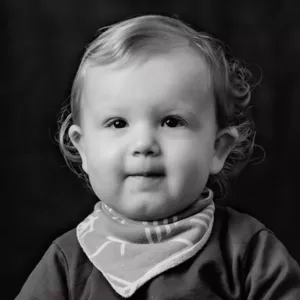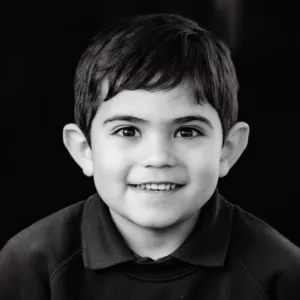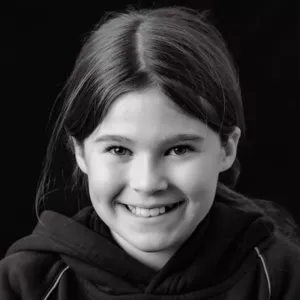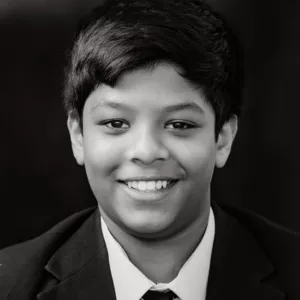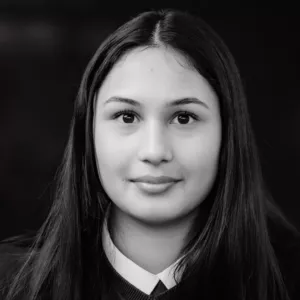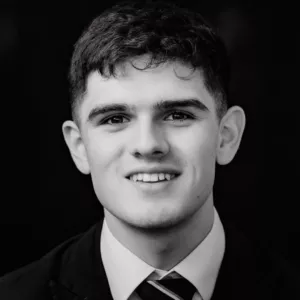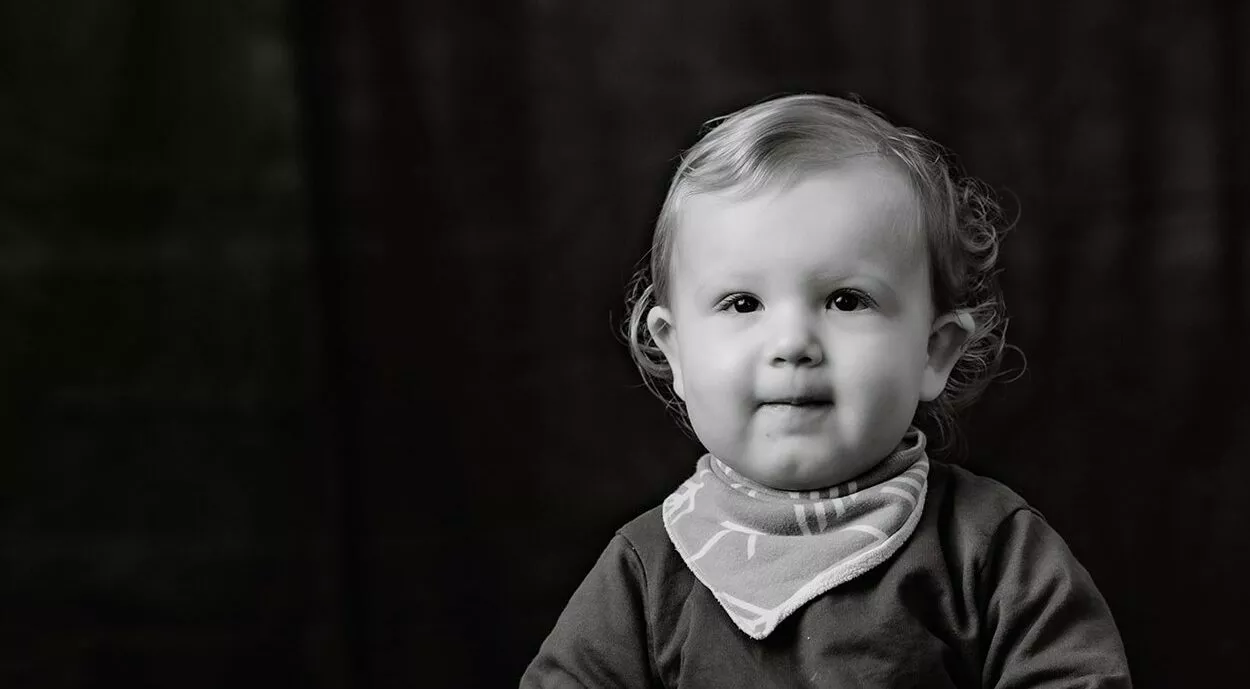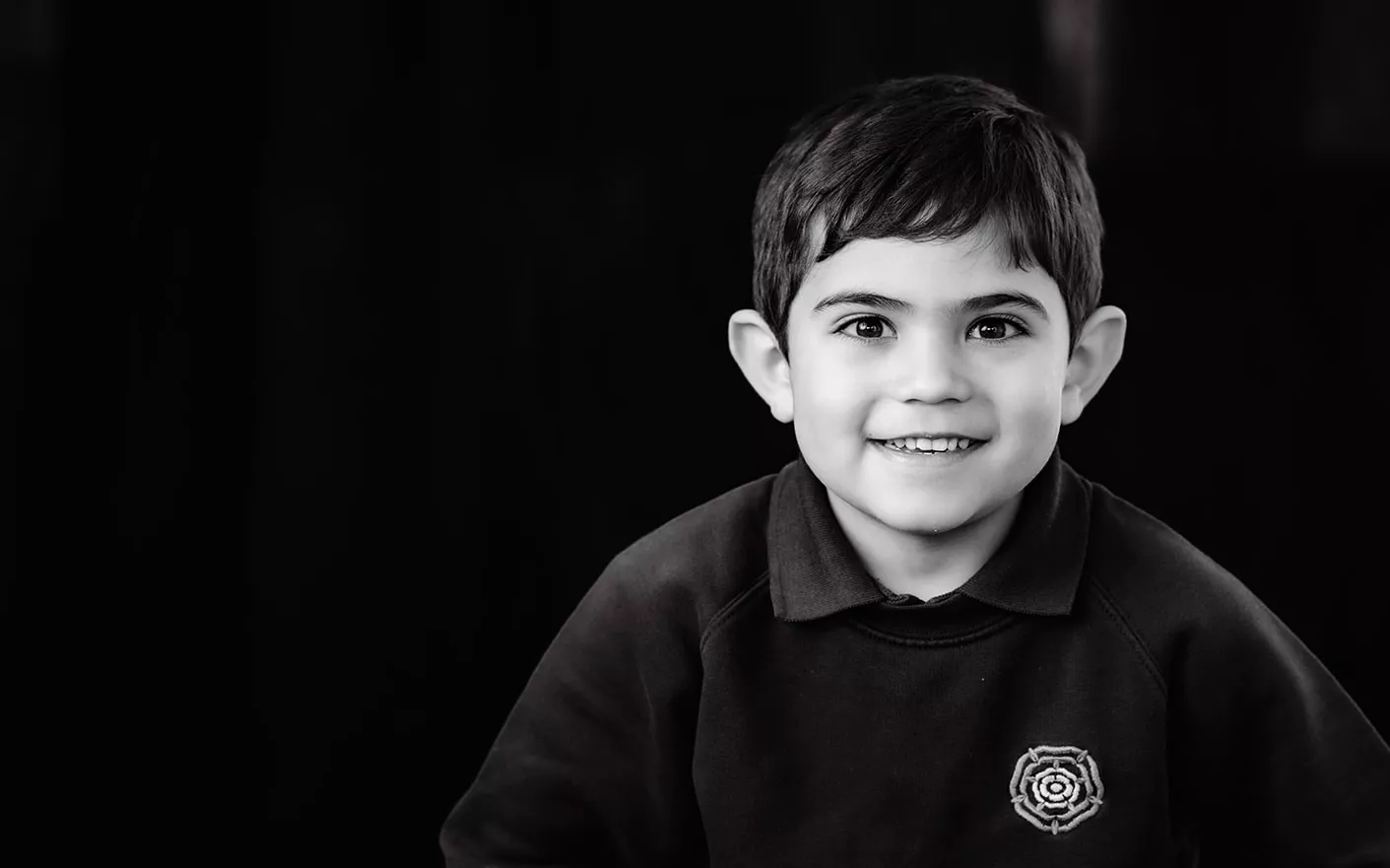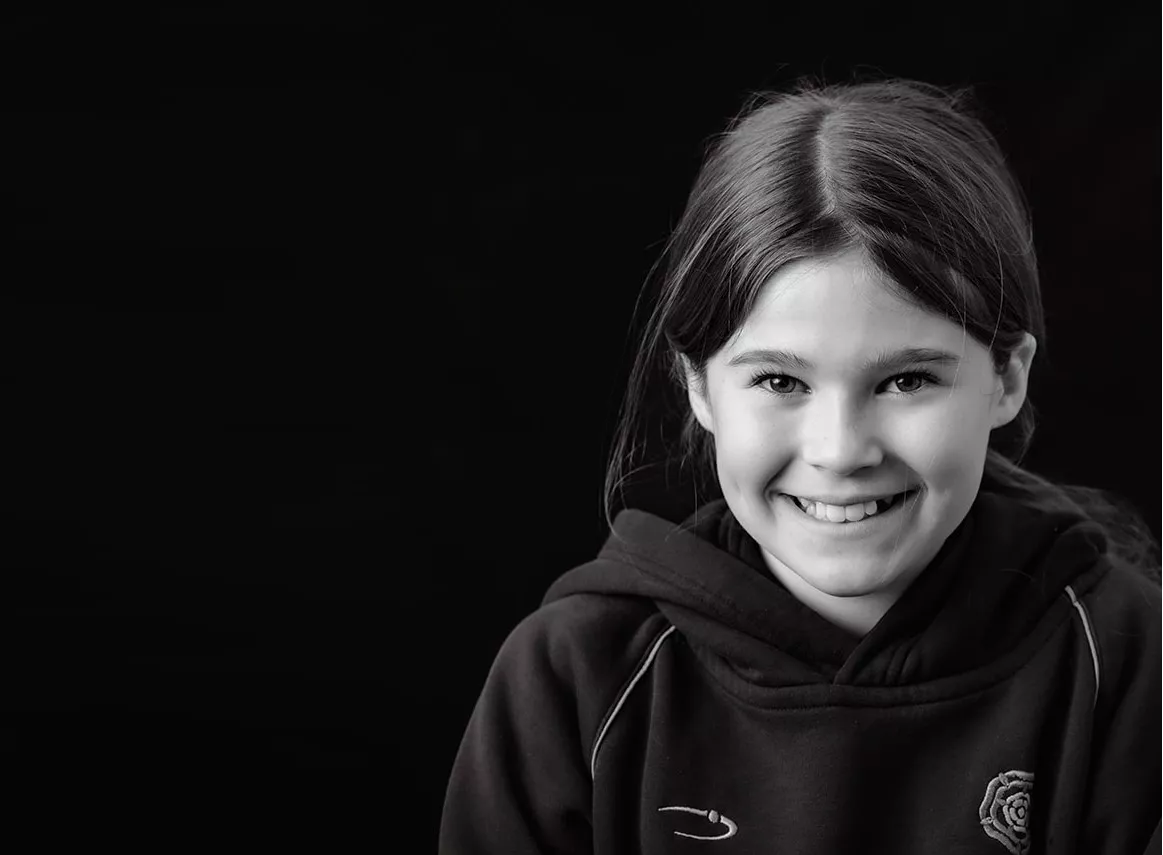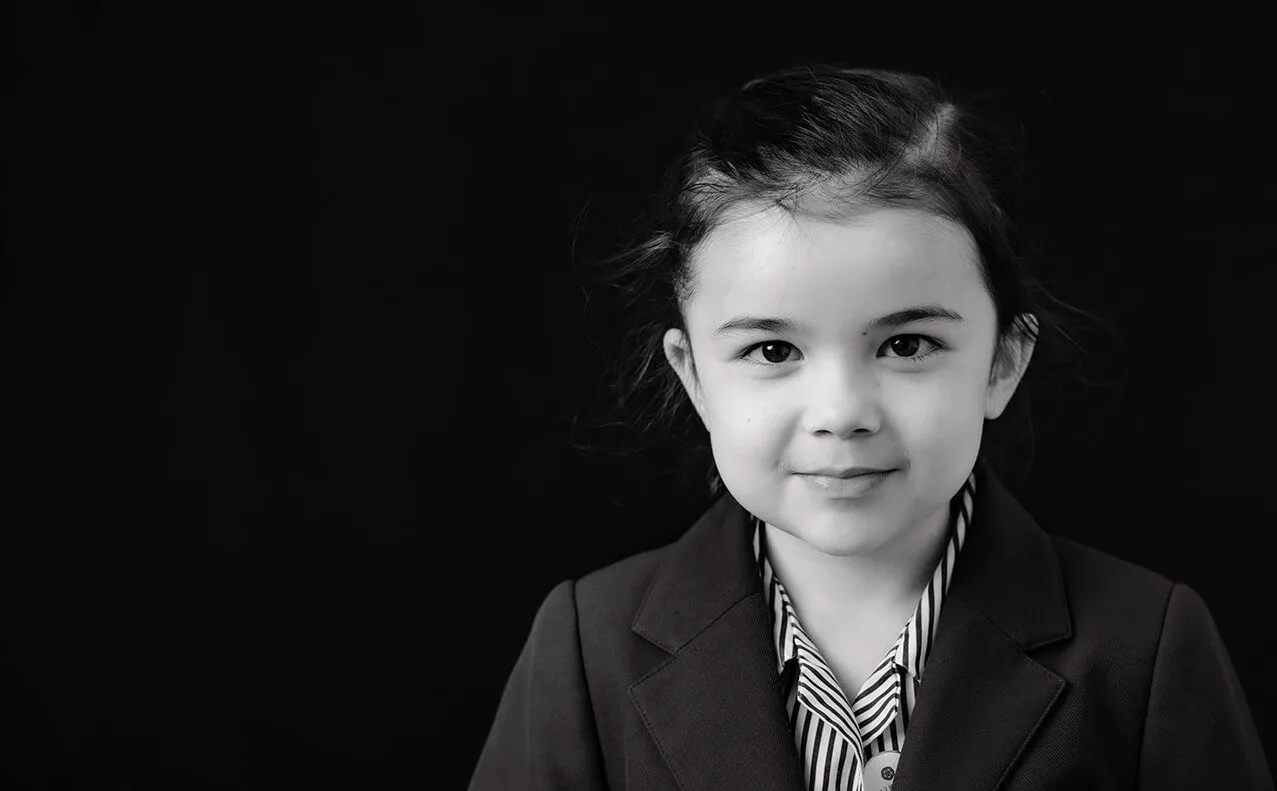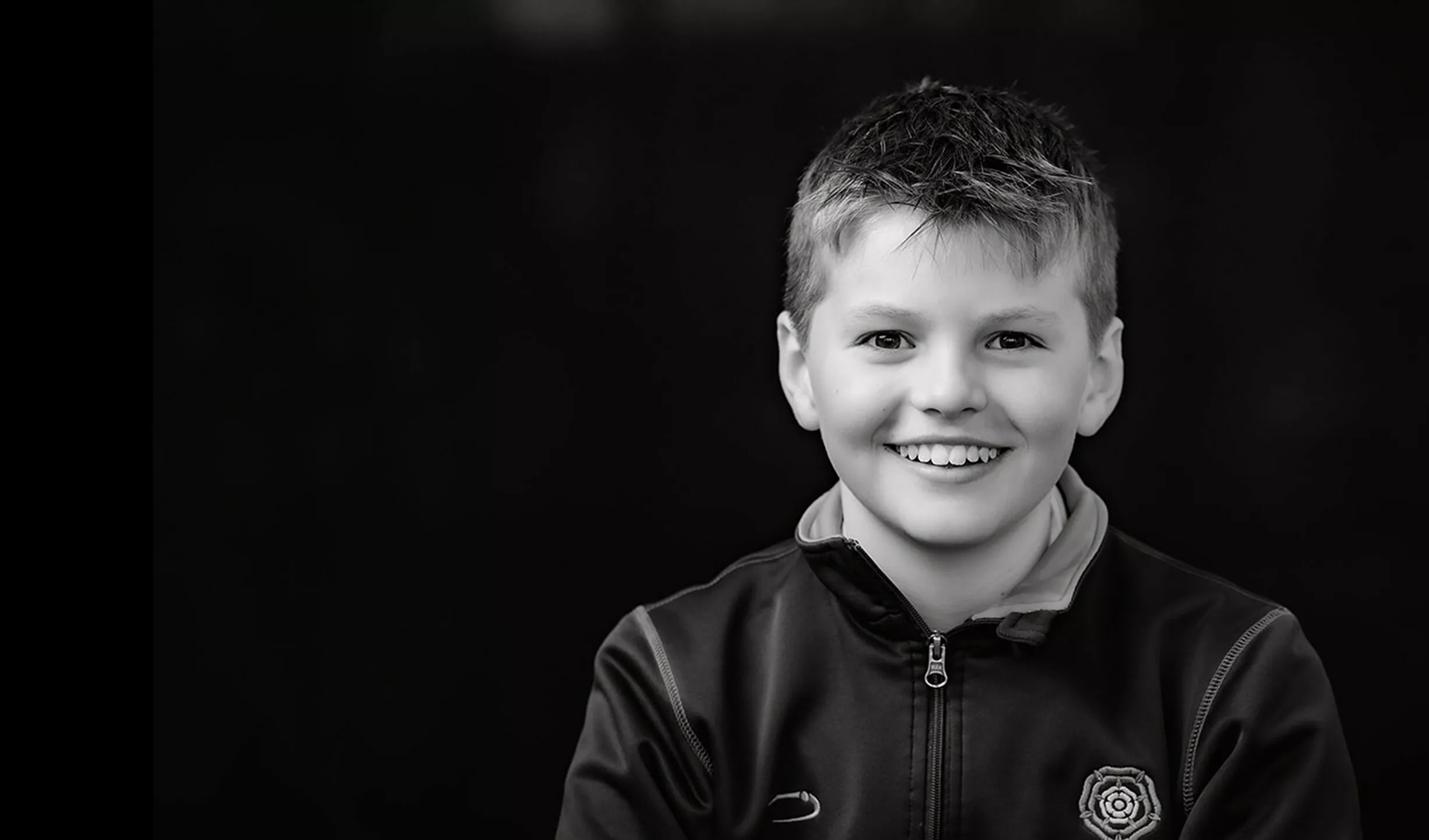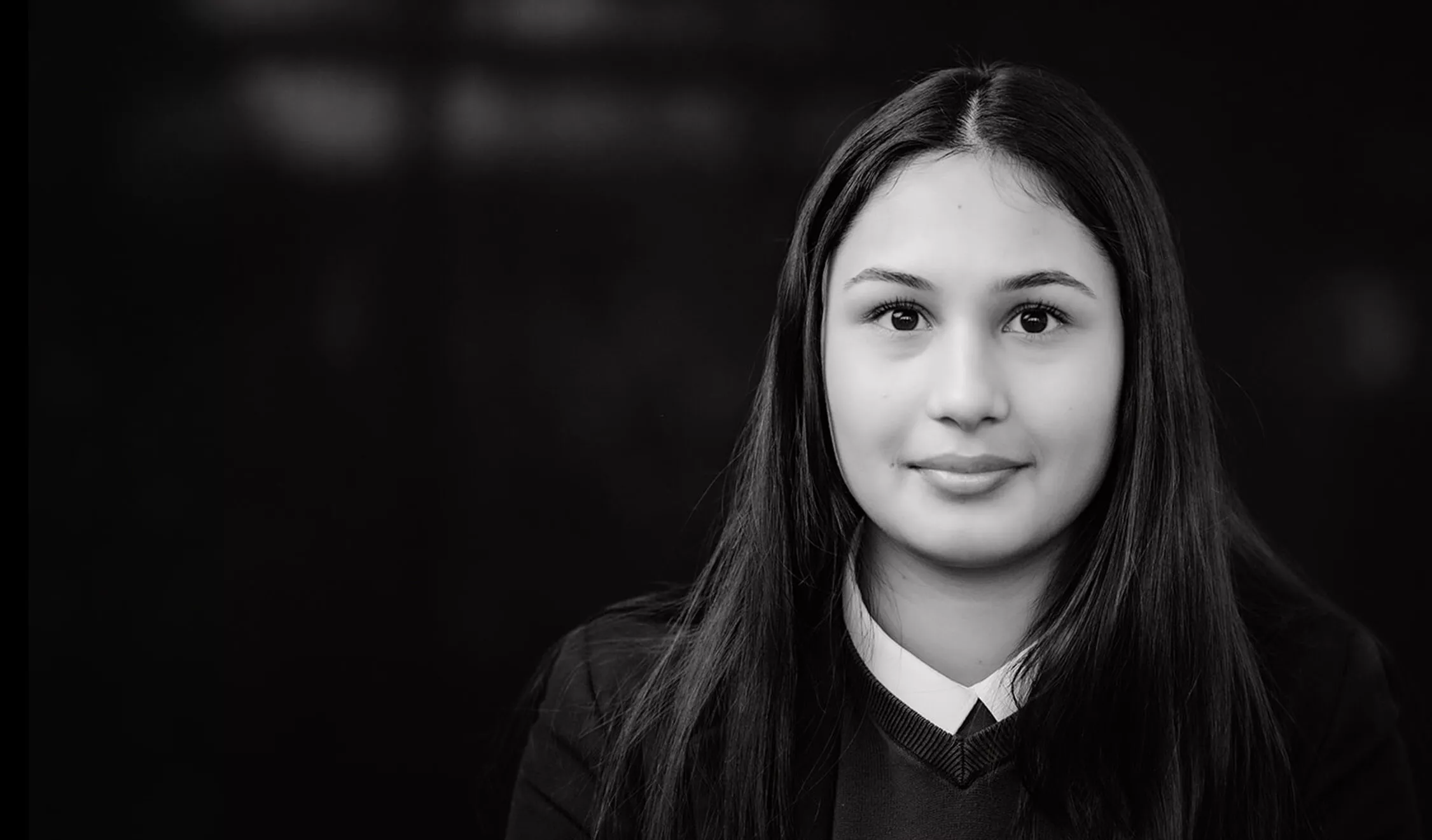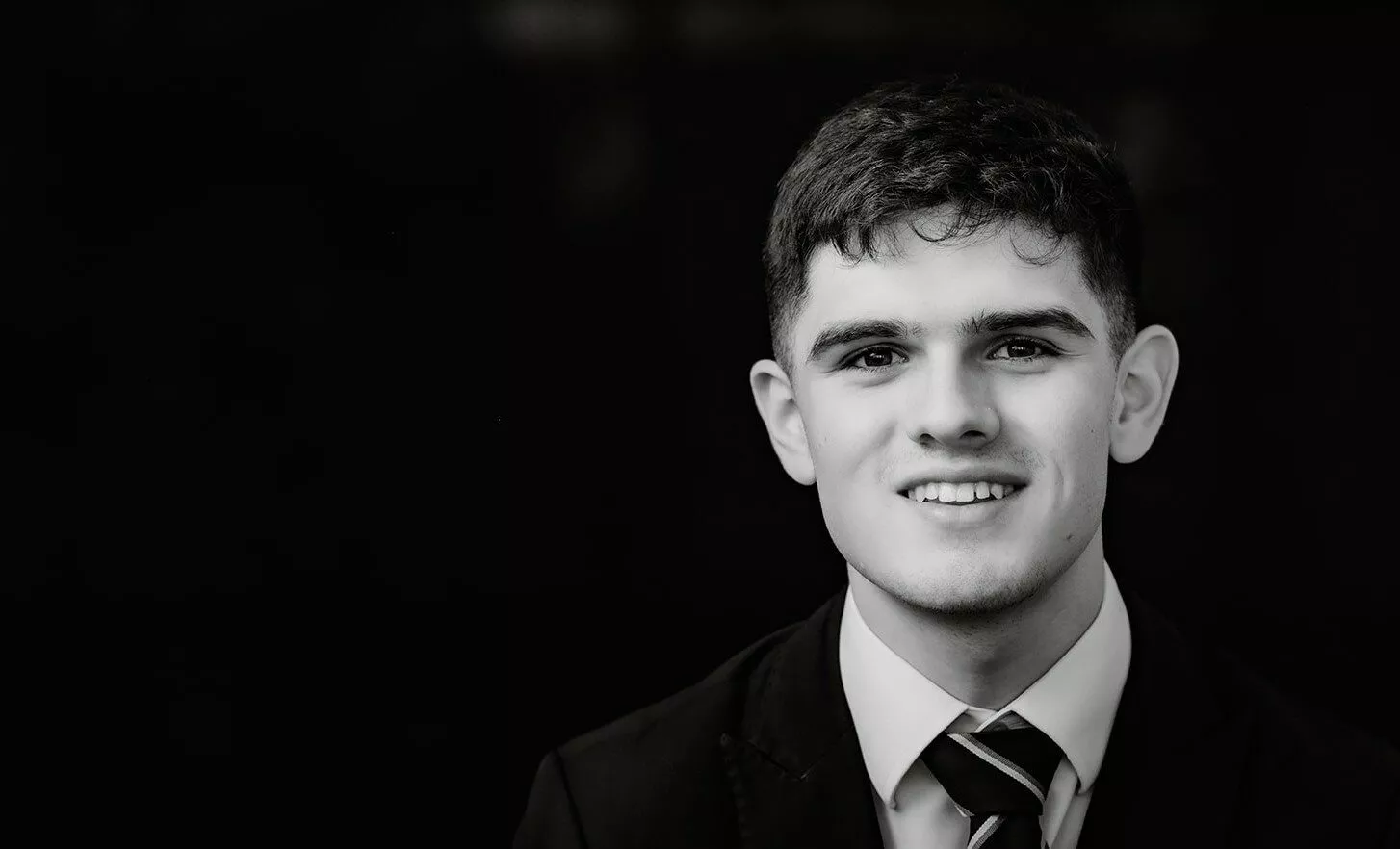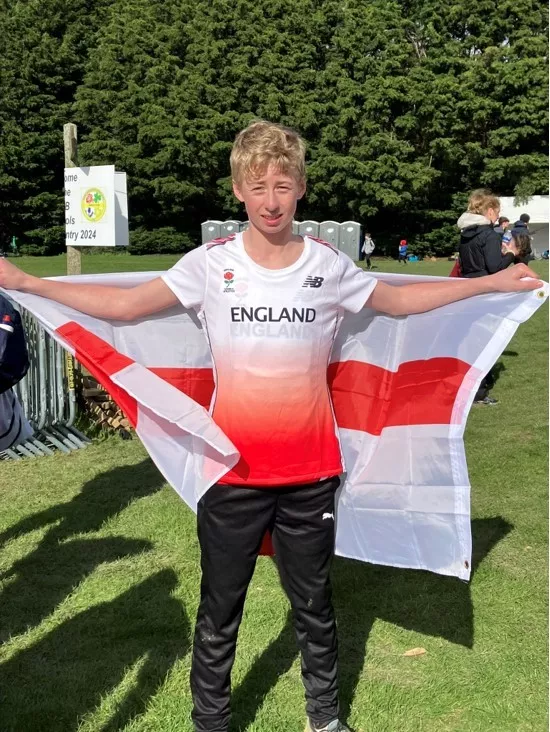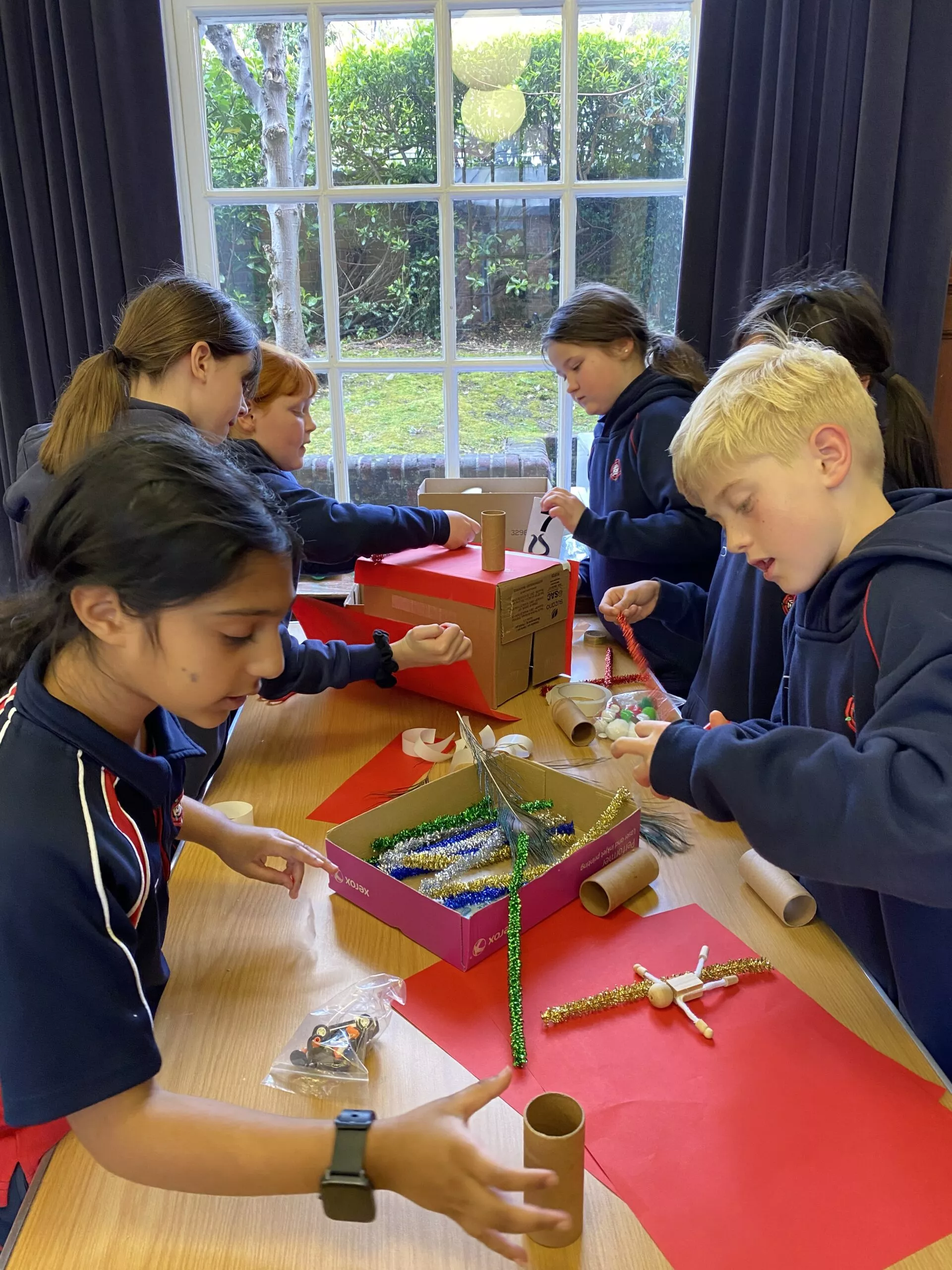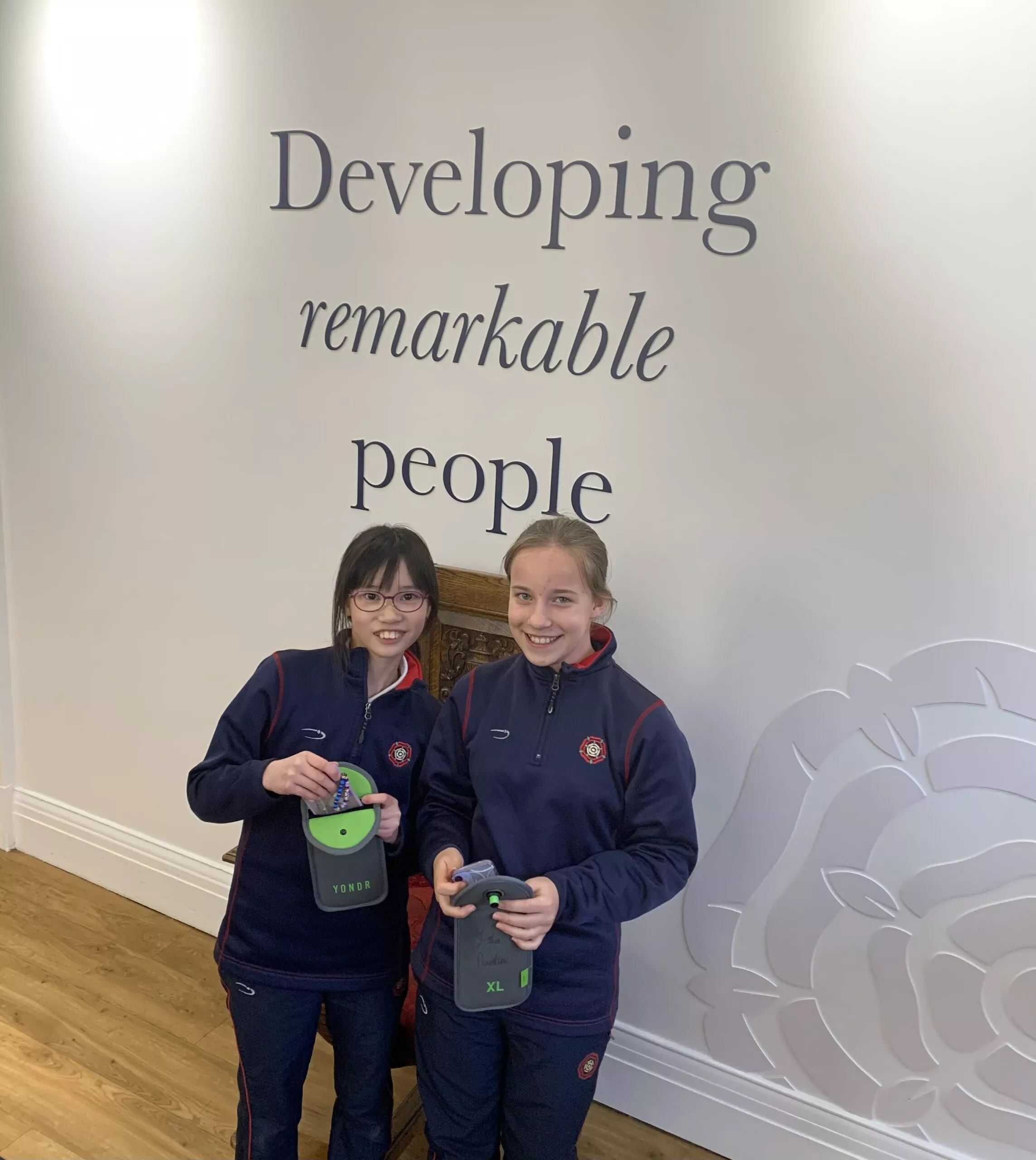News
The Winning Formula with Siobhan Ford
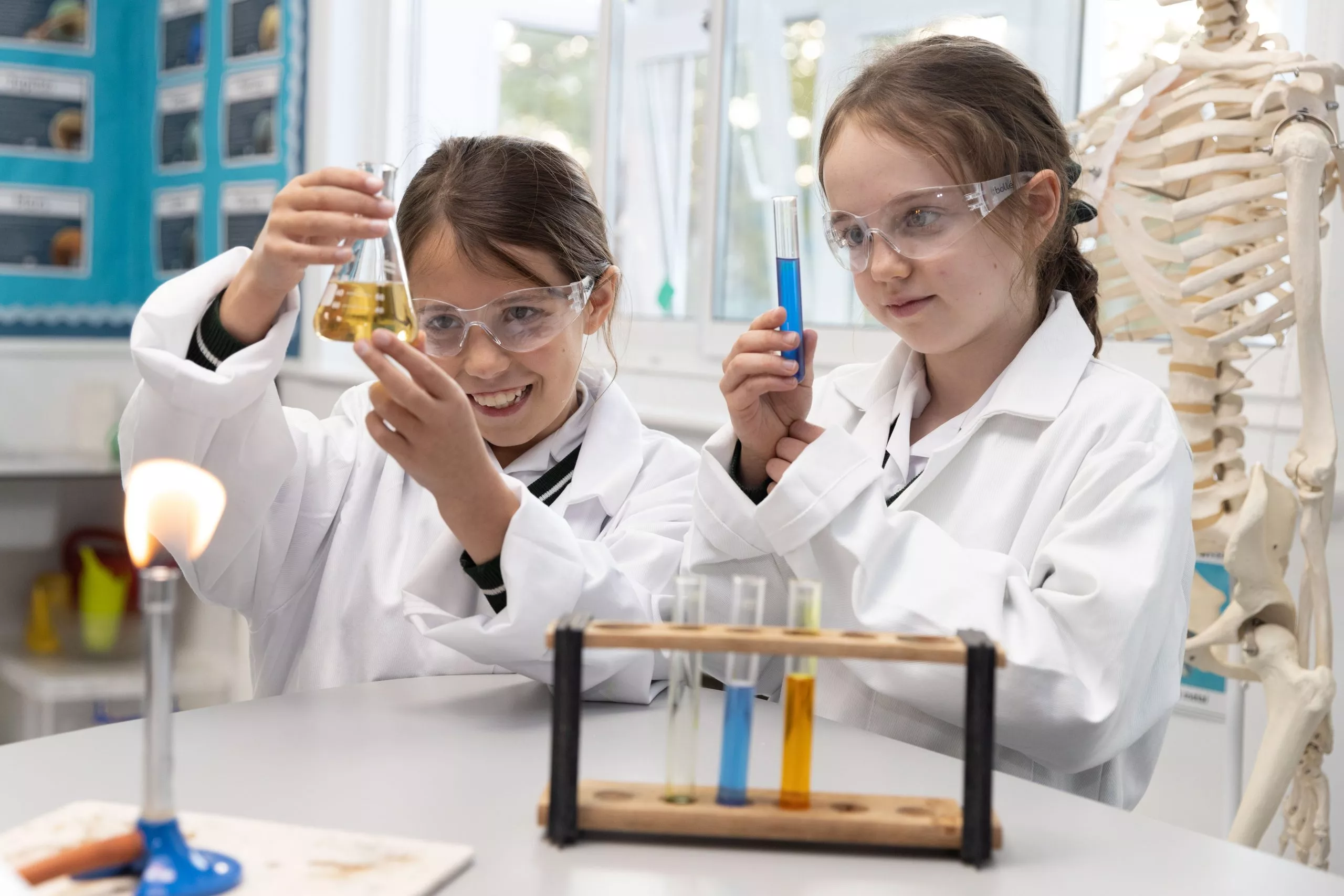
We were able to sit down with Heatherton Science Teacher, Siobhan Ford ahead of British Science Week.
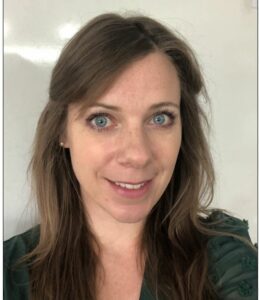
How is Science taught at a young age? What are some of the key elements you could expect as a Heatherton student?
Science is explored from a young age through play and curiosity. We inspire the children to explore and challenge themselves. Nursery have a specialist science teacher who attends once a week to deliver a multi sensory activity that engages and enthuses the children around a scientific topic. From Year 1 the children have access to the school laboratory where they take on practical experiments and begin handling simple equipment to familiarise and give them confidence when conducting experiments in later years. As a Heatherton student you should expect to be wowed! Children are delivered a knowledge packed and experiment rich curriculum; biology bug hunts and exploring animal teeth, separating solutions using a Bunsen burner in chemistry and exploring electrical components, magnetic fields and even having the option to join FUN-gineering club In physics. As a new member of staff I was keen to ignite a passion for science across all the year groups. I tweaked the objectives to meet the national curriculum as well as pack in some extra topics to really engage the girls. This ranged from the addition of gas taps and the use of Bunsen burners, to practical STEM sessions across the year groups.
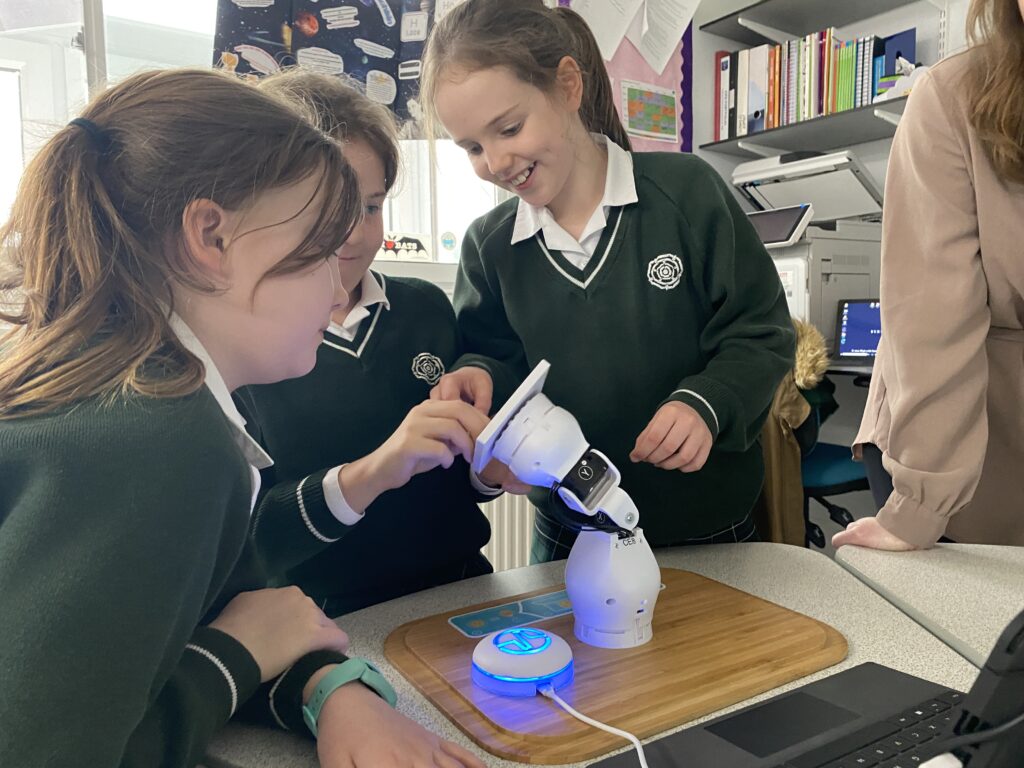
During your time at Heatherton and as a teacher, how has the content of ‘Science’ changed over time?
I am seeing more focus on practical sciences; exposing children to the application of science not just fact learning. I believe this encourages children with different learning types to be more enthused and engaged with their science learning. The popularity of STEM across schools is also opening up the sciences to children with different skill sets and encouraging problem solving and practical approaches to the changing world around them.
Where does your interest in Science come from? What areas are you most passionate about?
My interest in science comes from long walks with my grandad as a child- he encouraged us to ask questions and look for answers. I have always been fascinated with how and why things work. I believe curiosity is one of the key things that makes a good scientists and I have always maintained a level of this. I worked as a marine mammal researcher and was always striving to find out how I could reach out to the public with the environmental based research I was part of; encouraging excitement and engagement always worked well. I am most passionate about passing on the joy and curiosity behind all aspects of science; however I am biased towards conservation of animals and particularly UK dolphins and whales.
In celebrating British Science week, what exciting projects are going on and have been organised?
Pupils will be exploring the theme of growth through two exciting workshops; Mobile Zoo and space ExplorerDome. They will be looking at how animals grow and adapt to different environments as well as thinking about how space technology/engineering has changed over time. I thought this would be particularly interesting to explore the science behind the JWST and how our knowledge of the formation of the universe could be challenged and potentially changed forever. They will also have access to a fully electric car, parked on the Heatherton playground. This will encourage discussion of how car engineering has changed and grown over time as well as promote an interest in how they can work towards a career in engineering/technology.
In their time tabled science lessons the pupils will have BSW themed experiments to do ranging from stretchy slime to exploring pressure with mentos and different carbonated drinks. There is also an art competition where the children can design a poster to represent the theme of growth; this will then be sent to be judged by the British science association.
There are talks from a biologist working with whales and dolphins, a physicist involved with the Large Hadron Collider and an engineering working for the Department of Transport. We are also lucky enough to have an actual humanoid robot visit us to further excite the pupils with the growth and future of robotics in society.

We celebrated International Women’s Day last week, what are your thoughts on women in Science and the future?
I feel science is becoming a more equal opportunities field as we educate and encourage girls to enjoy the sciences from a young age. Historically a male orientated passion/career; girls are now actively being encouraged and recruited into the ever expanding disciplines.
I believe girls as much as boys have an interest in science and the world around them; it is just ensuring we ignite and keep a light that passion through their schooling and the opportunities they are offered.

